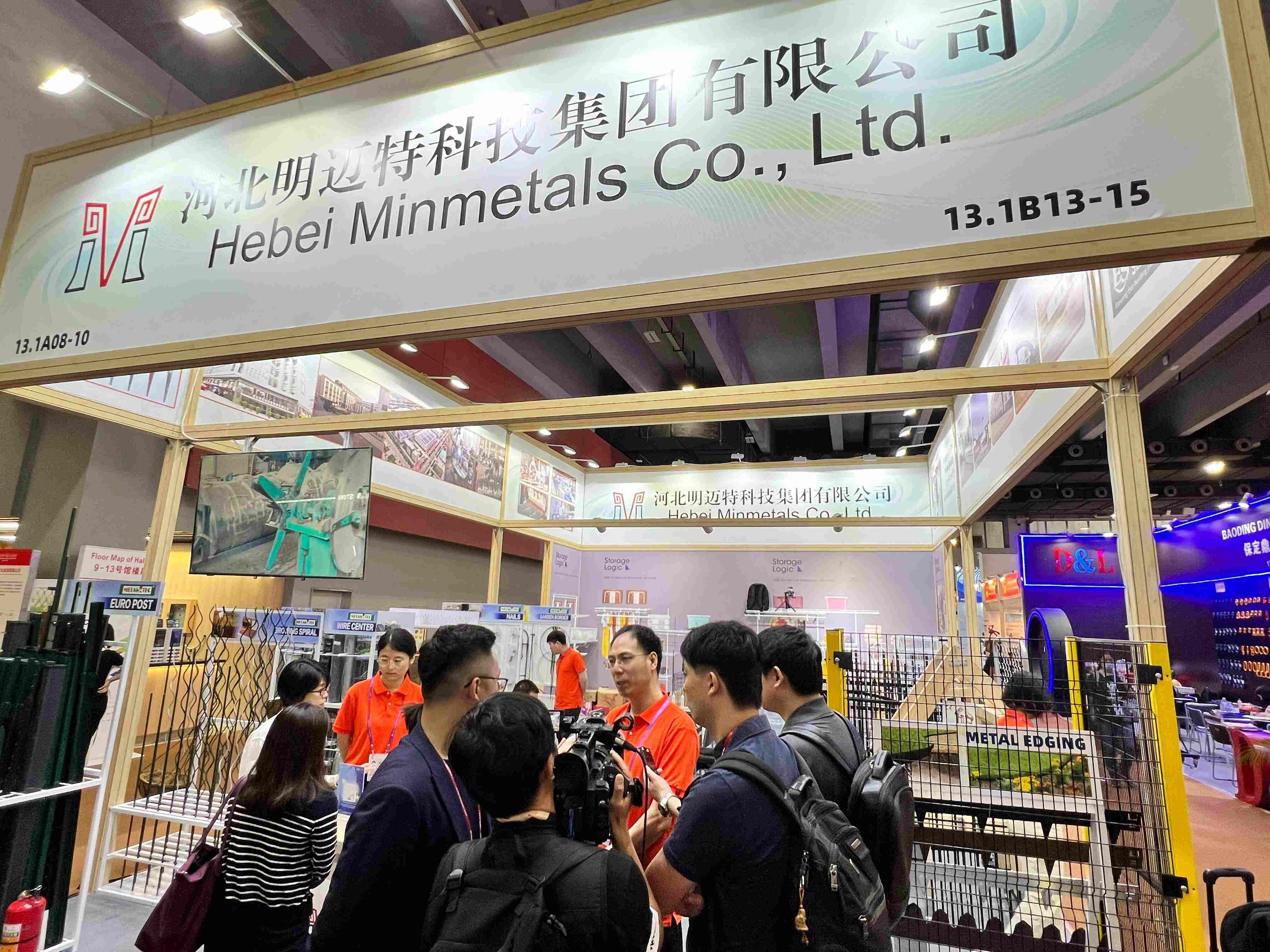

Innovative Solutions for Automotive Fasteners in Modern Vehicle Manufacturing
Ara . 15, 2024 14:19 Back to list
Innovative Solutions for Automotive Fasteners in Modern Vehicle Manufacturing
Automotive Fasteners The Unsung Heroes of the Automotive Industry
When one thinks of the automotive industry, images of sleek cars, powerful engines, and cutting-edge technology often come to mind. However, beneath the surface of every vehicle lies a crucial component that ensures the structural integrity and performance of automobiles fasteners. Automotive fasteners, though often overlooked, play a significant role in the assembly and longevity of vehicles. This article will delve into the types, applications, and innovations surrounding automotive fasteners.
Types of Automotive Fasteners
Automotive fasteners come in various types, each designed for specific applications within a vehicle. The following are some of the most common fasteners used in the automotive industry
1. Bolts and Nuts These are perhaps the most recognized fasteners. Bolts are used to hold together different components, while nuts serve as the counterpart that secures the bolt in place. They come in various grades and materials to suit different applications, including engine assembly, chassis components, and suspension systems.
2. Screws Screws are used to join two or more parts together, especially where a quick assembly is necessary. They are particularly prevalent in interior components, such as dashboards and trim pieces.
3. Rivets These permanent fasteners are commonly used in the manufacturing of automotive body panels and assemblies. Riveting provides a robust joint that can withstand the rigors of automotive use, particularly in areas subjected to vibration and stress.
4. Washers Often used in conjunction with bolts and screws, washers distribute load and prevent wear and corrosion. They are vital for ensuring a secure connection between fasteners and the materials they connect.
5. Clips and Retainers These fasteners are extensively used for securing components that may need to be removed or replaced, such as trim pieces and body panels. They offer a lightweight solution for assembly, making them popular in modern vehicle designs.
Applications of Automotive Fasteners
The applications of fasteners in the automotive industry are vast. They are integral to virtually every aspect of vehicle construction, from the engine and transmission to the body and interior finishes. Here are some key areas where automotive fasteners are utilized
automotive fasteners

- Powertrain Assembly Fasteners are crucial for the secure attachment of engine components, ensuring that vital assemblies like the cylinder head, crankshaft, and oil pan remain tightly secured under high-stress conditions.
- Chassis and Suspension The frame of a vehicle must withstand dynamic loads and impacts. Fasteners provide the necessary strength and durability for components like control arms, shock absorbers, and axles.
- Body Construction Fasteners are essential in assembling body panels, ensuring a robust structure that resists environmental factors. Rivets, in particular, are favored in body construction for their ability to provide a solid, long-lasting connection.
- Interior Systems Fasteners are used extensively in the construction of interior elements, connecting parts in dashboards, door panels, and seating structures. They are designed to be lightweight yet durable, enhancing the overall comfort and safety of the vehicle.
Innovations in Automotive Fasteners
As the automotive industry continues to evolve, so too does the technology surrounding fasteners. Innovations in materials and design are allowing for lighter, stronger, and more efficient fasteners. For instance, advancements in composite materials are enabling manufacturers to produce fasteners that can withstand high temperatures and pressures while reducing overall vehicle weight.
Furthermore, the push towards electric vehicles (EVs) is driving new fastener designs to accommodate the unique needs of EV components, such as battery packs and electric drive systems. These fasteners must not only be lightweight but also resistant to heat and corrosion.
Additionally, the rise of automation in manufacturing processes has led to advancements in fastener installation methods. Robotic assembly lines are increasingly utilizing automated fastening techniques, improving the efficiency and accuracy of the assembly process.
Conclusion
In summary, automotive fasteners are an essential element in the automotive landscape. Their wide-ranging applications and continuous innovations demonstrate their significance in ensuring vehicle safety, performance, and longevity. As the automotive industry moves towards a future characterized by electrification and automation, the role of fasteners will undoubtedly expand, further solidifying their status as the unsung heroes of automotive engineering.
Latest news
-
Premium Fasteners Manufacturer | AI-Driven Solutions
NewsAug.01,2025
-
Hot Dip Galvanized Bolts - Hebei Longze | High Strength, Corrosion Resistance
NewsAug.01,2025
-
High-Strength Hot Dip Galvanized Bolts - LongZe | Corrosion Resistance, Custom Sizes
NewsAug.01,2025
-
Best Self Tapping Screws for Drywall - Fast & Secure Installation
NewsJul.31,2025
-
High-Strength Hot Dip Galvanized Bolts-Hebei Longze|Corrosion Resistance&Customization
NewsJul.31,2025
-
Hot Dip Galvanized Bolts-Hebei Longze Metal Products|Corrosion Resistance&High Strength
NewsJul.31,2025

